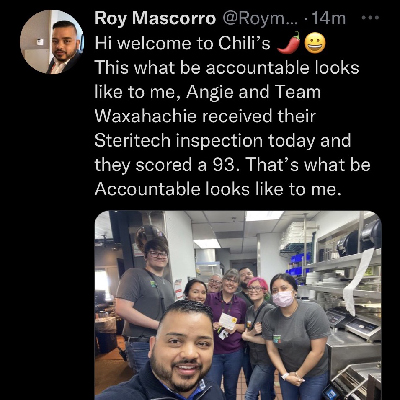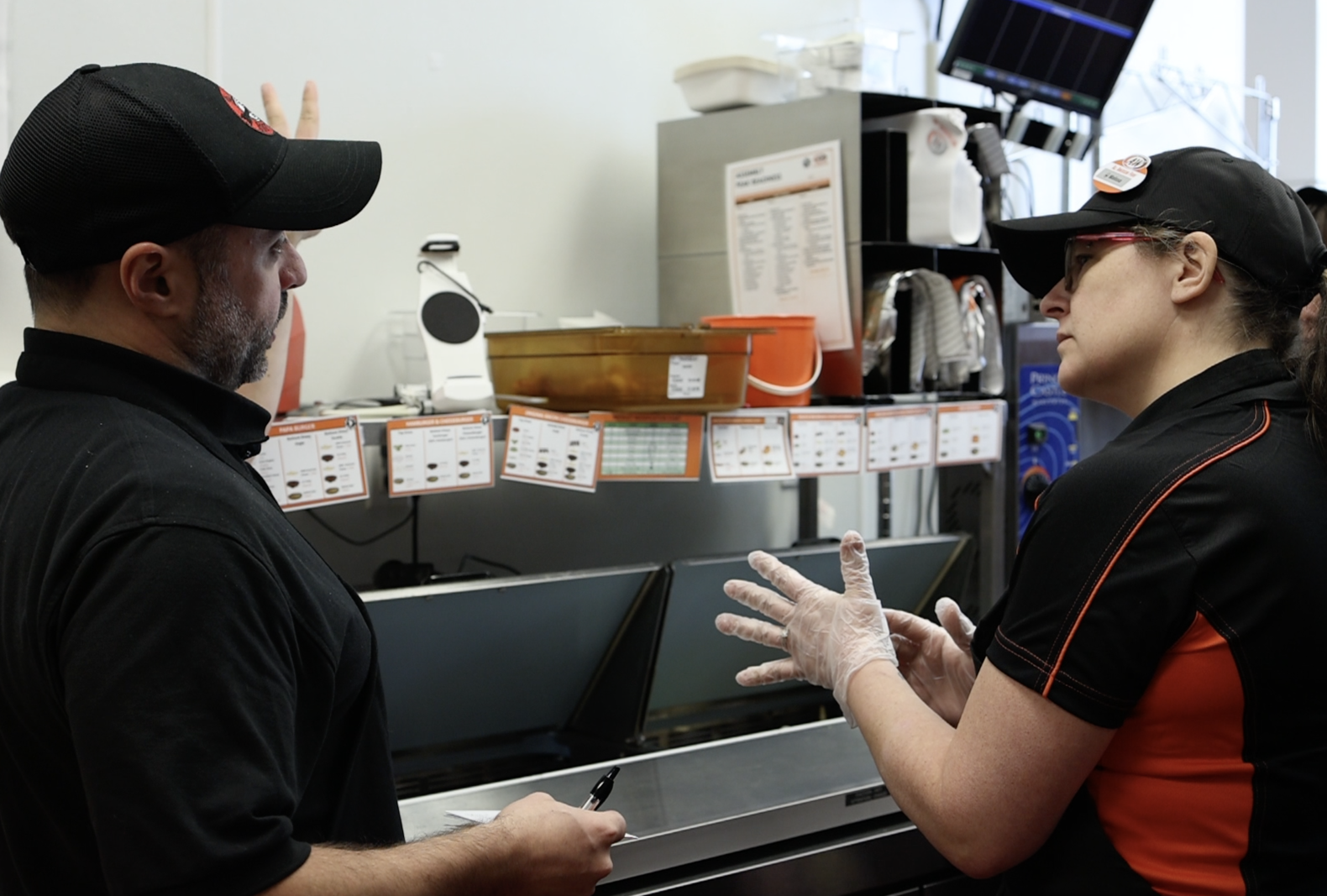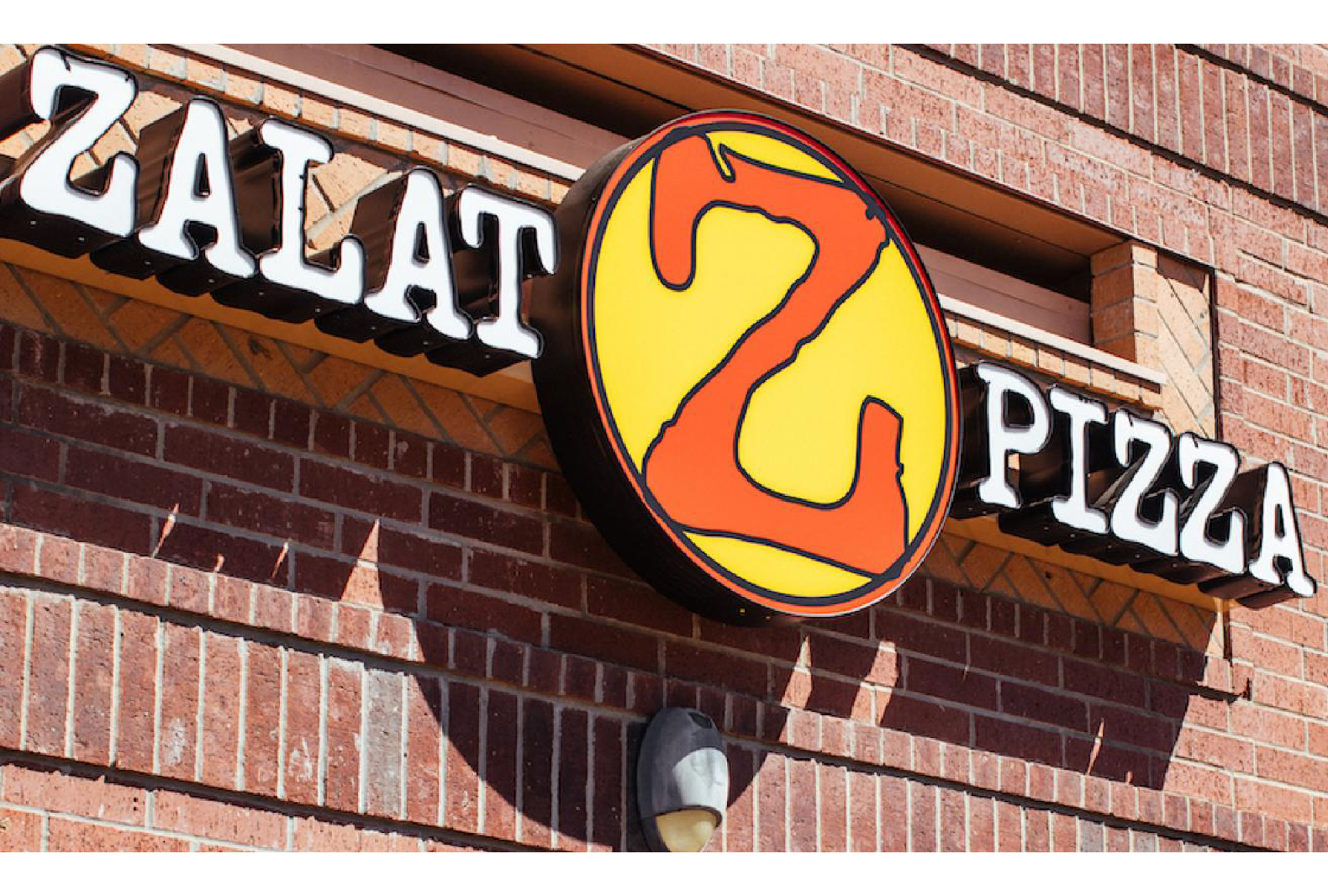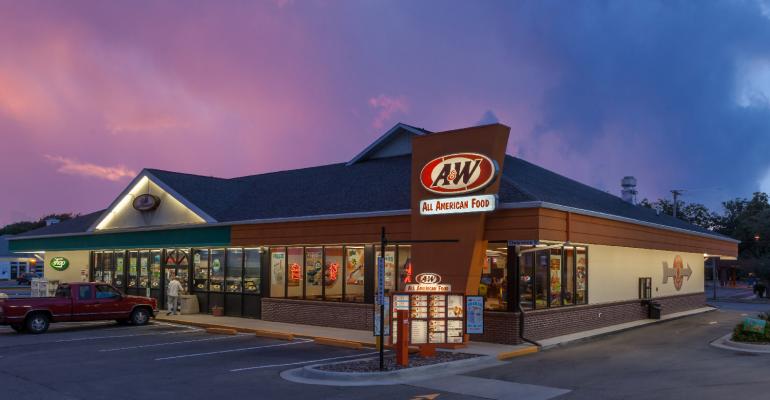Labor challenges continue to dog restaurant operators as they emerge into the Vaccine Era, though they are less severe than during the height of the COVID-19 pandemic. Staff retention, long a tough row to hoe at both the hourly and management levels and in both quick service and casual dining, has become even more important.
“When resources are tight, it’s easy to cut corners on tools and training. Don’t,” advised Lisa Miller, principal at Dallas-based Lisa W. Miller & Associates. The firm has been surveying both customers and workers since the start of the pandemic as part of a “Journey Back to Joy” series.
Miller conducted a survey that ended April 18 among 1,000 adults 18 and older, helping operators understand what matters most to hourly or part-time workers.
“Not surprising, at the top of the list is good/fair pay, with 87% of part-time workers stating it’s extremely/very important,” Miller said.
“The data revealed that having the right tools to do their jobs ranked second out of nine variables,” she added. “Operators need to take another look at their onboarding processes to make sure employees are empowered and set up for success. Otherwise, they will bounce as soon as they arrive.”
 Photo: Brand leaders at Chili’s frequently post photos and compliments of teams at the units they visit.
Photo: Brand leaders at Chili’s frequently post photos and compliments of teams at the units they visit.
Restaurant brands from full-service Chili’s Grill & Bar to quick-service A&W Restaurants and young, growing ZaLat Pizza have recognized ways to improve retention.
“Part-time workers want to succeed at the job and they are counting on companies to set them up for success: 81% report that having the tools you need to do your job is extremely/very important,” Miller said. “Make sure you have a solid onboarding and training program.”
Rona Lascano, director of training at Lexington, Ky.-based A&W Restaurants, said the A&W University she created in 2017 evolved this year, moving from eight days to 12 days at the start of this year.
“We wanted to be able to spend more time,” Lascano said. “It was pretty consolidated as it was. We expanded it into more content and more hands-on practice time.”
The 500-unit A&W chain has two corporate stores used for testing new equipment and providing training for new employees and franchisees, she said. The company requires a minimum of two managers to be certified for any new restaurant, she added, and any incoming owners are required to go through as well.
A&W operators have become creative in offering work bonuses, tuition assistance and other retention tools, Lascano said.
“There is no silver bullet, one answer for everybody,” she said. “So it really ends up being more of an opportunity to discuss what the challenges are. We know that the rising minimum wage exists; we're just going to have to accept that. We're going to have to look at our labor budgets differently. But what we can influence is what the labor force today is looking for and how the expectations have changed and really shifting toward a more team-member-centric approach to recruiting and retention.”

The A&W University created in 2017 evolved this year, moving from eight days to 12. The company requires a minimum of two managers be certified for any new restaurant, and any incoming owners are required to go through as well. The expansion allows for participants to discuss effective tactics to increasing retention.
The expanded A&W University schedule allows for participants in the classes to discuss effective tactics to increasing retention, Lascano added.
“We just recently had attendees from five different locations sharing their practices and the things that have worked for them,” she said. “Attendees have been able to write down ideas, and it's been really, really beneficial to them.”
The crowd-sourcing of retention ideas has been effective, she added, noting that an enhanced referral program has been the most useful in recruiting new employees.
During last year’s peak summer months, some units offered a $500 bonus if an employee stayed Memorial Day to Labor Day.
“We really tried to instill in everybody that it's better to invest in team members on the front end, giving them that competitive rate, giving them those bonuses, than really losing it to turnover,” Lascano said.
Miller said her most recent survey of potential employees found that schedule flexibility was also important to potential job candidates.
“This is a key need that differentiates part-time and full-time workers,” Miller said. “Part-time workers are looking for more than just the basics. Culture is also important. Part-time workers want managers to have their backs, want teamwork and no drama.”
Miller’s newest survey data also found training and culture were exceptionally important to employees beyond just the basics of good pay and flexible schedules.
“In shift meetings, let’s change the conversation from talking ‘at’ employees about the latest new menu items and promos to the bigger picture and ask how they are doing and if they have the tools they need,” Miller said.
While the reasons employees join a company can feel rational, Miller added, why they stay and keep showing up goes beyond to more personal and emotional reasons. “Employees want to feel that their work matters,” she said. “At the end of the day, the value equation for the employee needs to be worth it.”

Brand leaders at Chili’s Grill & Bar and Maggiano’s Little Italy, for example, frequently post photos and compliments of teams at the units they visit. Both are among the 6,000 restaurants owned by Dallas-based Brinker International.
Wyman Roberts, Brinker CEO and president, said in the most recent quarterly earnings call in February that managers were seeing more applicants for openings.
“When I was out in restaurants, managers were saying that where they used to see only two or three applicants for a job, they're now getting 10 or more,” he said. “So we're devoting increased time and attention on providing high-quality training and improving retention for our new hourly team members and managers.”
Roberts added that COVID pressures changed how the company approached retention.
“It is about more than just a paycheck,” he said. “It's also about improving quality of life and creating a sense of belonging. We found new ways to leverage our technology to accomplish these goals. We're implementing a virtual learning platform that allows us to train both hourly team members and managers from the restaurant support center.”
He said the virtual learning platform is “a live, interactive experience that improves the speed, quality and consistency of our training, while reducing costs and the burden on our restaurant managers.”
That platform has helped Brinker improve its retention rate for new hourly team members by 20%, he said.
Roberts also noted on the earnings call that Brinker is focused on increasing career progression and diversity, doubling down on leadership development programs like its Women Take the Lead program.
“We see much higher retention levels among those who've engaged in these programs,” he said, noting that the company’s rehire rates also demonstrate the positive impact of those efforts. Managers who leave Chili’s and come back has historically been in the “low to mid-single-digit range,” he said, but today has more than doubled.
“It's even higher at the hourly level, which speaks to the power of our culture and the strength of our business,” he said.
Rick Cardenas, president and chief operating officer of Olive Garden parent Darden Restaurants, said rehires were also a big part of that company’s return to post-Omicron-variant staffing. The company was also emphasizing training of new hires.
“A lot of people are coming back to work for us that have left us over time,” Cardenas said on an earnings call. “And a lot of our managers are rehires. And so while people may have left the industry during COVID, a lot of them are coming back, and we feel really good about the fact that they're coming back to work for us.”

“It’s something we work on every day,” he said, adding that it’s an “extreme give-a-sh*t factor.”
Training has been made more effective by the menu simplification that went on during the height of the pandemic, he added.
“Reducing our menus the way we did has made it a lot easier to run a restaurant,” Cardenas said. “The managers spend a little less time on individual items and teaching people on these items that we didn't produce very often.”
Roberts said Chili’s also recently completed the implementation of two major technology systems: a handheld system, which has led to 15% higher earnings for servers, and a curbside system for off-premises orders.

“The operators are getting comfortable with it now and restaurants that have fully adopted are generating 15-20-point improvements in guest metrics,” Roberts said.
These efforts to strengthen our base set us up to accelerate additional growth vehicles.
While large, multi-unit chains are capitalizing on technology, smaller brands have found creative ideas such as stock options to help them retain employees.
Khanh Nguyen, founder and CEO of the 20-unit, Dallas-based ZaLat Pizza, said culture is important to the brand. “It's something we work on every day,” he said, adding that it’s an “extreme give-a-sh*t factor.”
“For us, the culture is how well we take care of our Zealots,” Nguyen said during a recent in a recent CREATE session, “The Secrets of Building Highly Engaged Teams.”
Nguyen considers benefits, a 401k and stock options for all frontline workers to be part of that culture.
“We are trying to see if we can make frontline workers, cooks [and] cashiers potentially quite rich and potentially, hopefully, going public later,” he said.
Employees also get to pick out the music at the restaurants, Nguyen said, and the company pays for ZaLat-logo tattoos for all workers.
Contact Ron Ruggless at [email protected]
Follow him on Twitter: @RonRuggless

